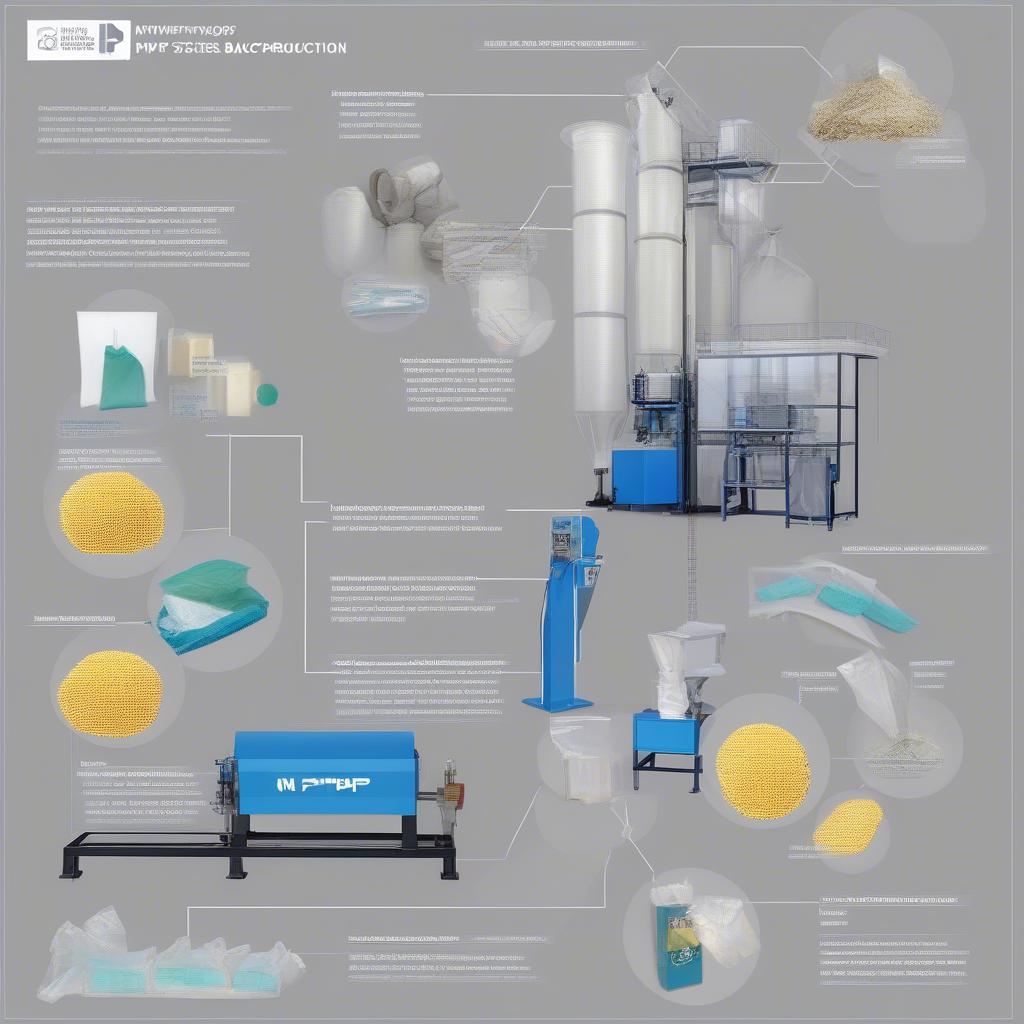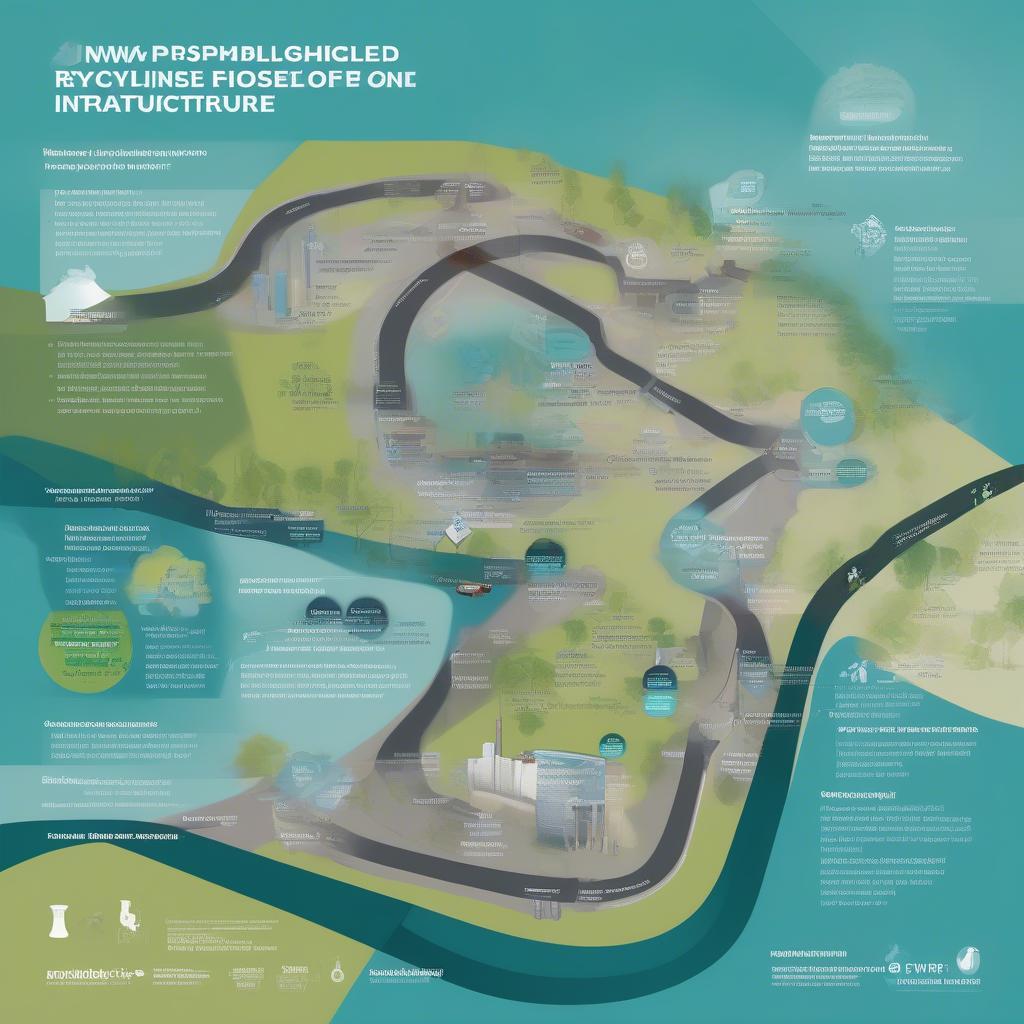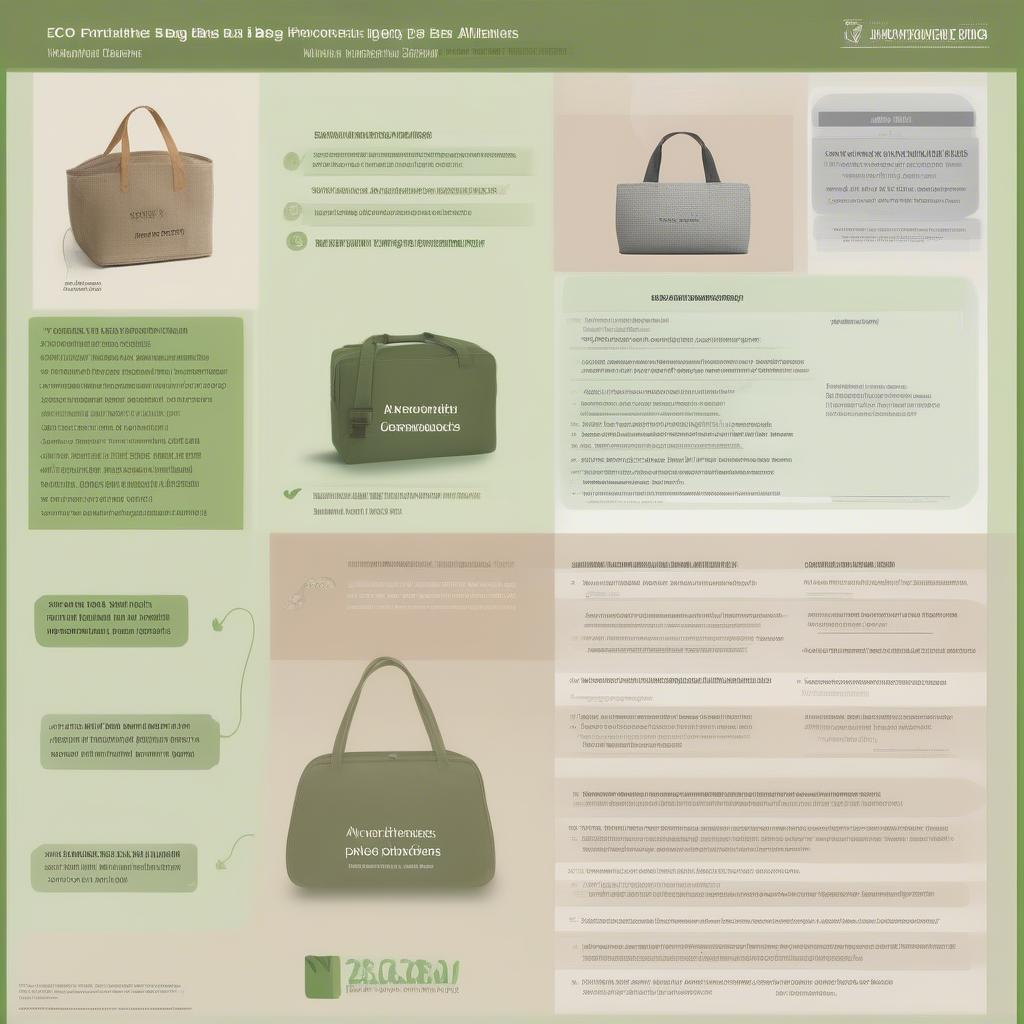Woven Bag
Non-Woven Polypropylene Bags: Understanding Their Environmental Impact
Non-woven polypropylene bags have become a ubiquitous presence in our lives, often touted as an eco-friendly alternative to traditional plastic bags. But are these reusable bags truly as green as they seem? This article delves into the environmental impact of non-woven polypropylene bags, examining their production, usage, and disposal to determine their true sustainability.
The Production Process: A Closer Look at Non-Woven Polypropylene Bag Manufacturing
Non-woven polypropylene (NWPP) bags are made from polypropylene, a thermoplastic polymer derived from petroleum. The production process begins with the extraction and processing of crude oil, an energy-intensive activity with significant environmental implications. The polypropylene is then melted and extruded into fibers, which are bonded together through various methods, such as heat bonding, needle punching, or chemical bonding, to create the non-woven fabric. This process also requires energy and can generate emissions and waste.  Non-Woven Polypropylene Bag Production Process
Non-Woven Polypropylene Bag Production Process
The Reusable Aspect: How Long Do Non-Woven Polypropylene Bags Really Last?
One of the primary arguments in favor of NWPP bags is their reusability. Unlike single-use plastic bags, they can be used multiple times, theoretically reducing the overall number of bags consumed. However, the actual lifespan of an NWPP bag can vary greatly depending on usage and care. While they are more durable than single-use plastic bags, they can still tear, fray, and become soiled over time. This leads to the question: are they being reused enough times to offset the environmental impact of their production?
Disposal Dilemmas: What Happens to Non-Woven Polypropylene Bags at the End of Their Life?
Even reusable bags eventually reach the end of their life cycle. Non-woven polypropylene is not biodegradable, meaning it will persist in the environment for a very long time. While some NWPP bags are recyclable, the recycling process for polypropylene is not as well-established as that for other plastics, and many recycling facilities may not accept them.  Recycling Non-Woven Polypropylene Bags This often leads to NWPP bags ending up in landfills, where they contribute to plastic pollution. Incineration, another disposal option, can release harmful toxins into the atmosphere.
Recycling Non-Woven Polypropylene Bags This often leads to NWPP bags ending up in landfills, where they contribute to plastic pollution. Incineration, another disposal option, can release harmful toxins into the atmosphere.
Are Non-Woven Polypropylene Bags Truly Eco-Friendly? Weighing the Pros and Cons
The environmental impact of NWPP bags is complex and requires a nuanced perspective. While they offer advantages over single-use plastic bags in terms of durability and reusability, their production process still relies on fossil fuels and generates pollution. Their long lifespan, while a benefit in terms of reusability, becomes a detriment when they are not disposed of properly.
Alternatives to Consider: Exploring More Sustainable Bag Options
Consumers seeking truly eco-friendly bag options can explore alternatives such as organic cotton bags, jute bags, or bags made from recycled materials. These materials are often biodegradable or more easily recyclable, offering a lower environmental footprint. Ultimately, the best approach is to reduce overall bag consumption by opting for reusable bags whenever possible and extending the lifespan of those bags through proper care and maintenance.  Sustainable Bag Options: Beyond NWPP
Sustainable Bag Options: Beyond NWPP
Conclusion: Making Informed Choices about Non-Woven Polypropylene Bags
Understanding the environmental impact of non-woven polypropylene bags is crucial for making informed consumer choices. While they can be a part of a sustainable lifestyle, their use should be accompanied by responsible consumption and disposal practices. By considering the full life cycle of NWPP bags, from production to disposal, and exploring alternative options, we can make more sustainable choices that minimize our impact on the planet.
FAQs
- Are non-woven polypropylene bags recyclable? Some are, but check with your local recycling facility.
- How long do NWPP bags last? They can last for several years with proper care.
- What are the best alternatives to NWPP bags? Organic cotton, jute, and recycled materials.
- Are NWPP bags better than single-use plastic bags? Yes, in terms of reusability.
- What are the environmental impacts of NWPP bag production? Reliance on fossil fuels and potential pollution.
- How can I dispose of NWPP bags responsibly? Recycle if possible, or dispose of them in the trash.
- What are the long-term effects of NWPP bags in landfills? They contribute to plastic pollution.
For further assistance, please contact our hotline: +84 388 951 999, or visit our offices in Hanoi, Vietnam or Tech Avenue, Suite 12, San Francisco, CA 94105, USA. We have a 24/7 customer service team ready to help.
